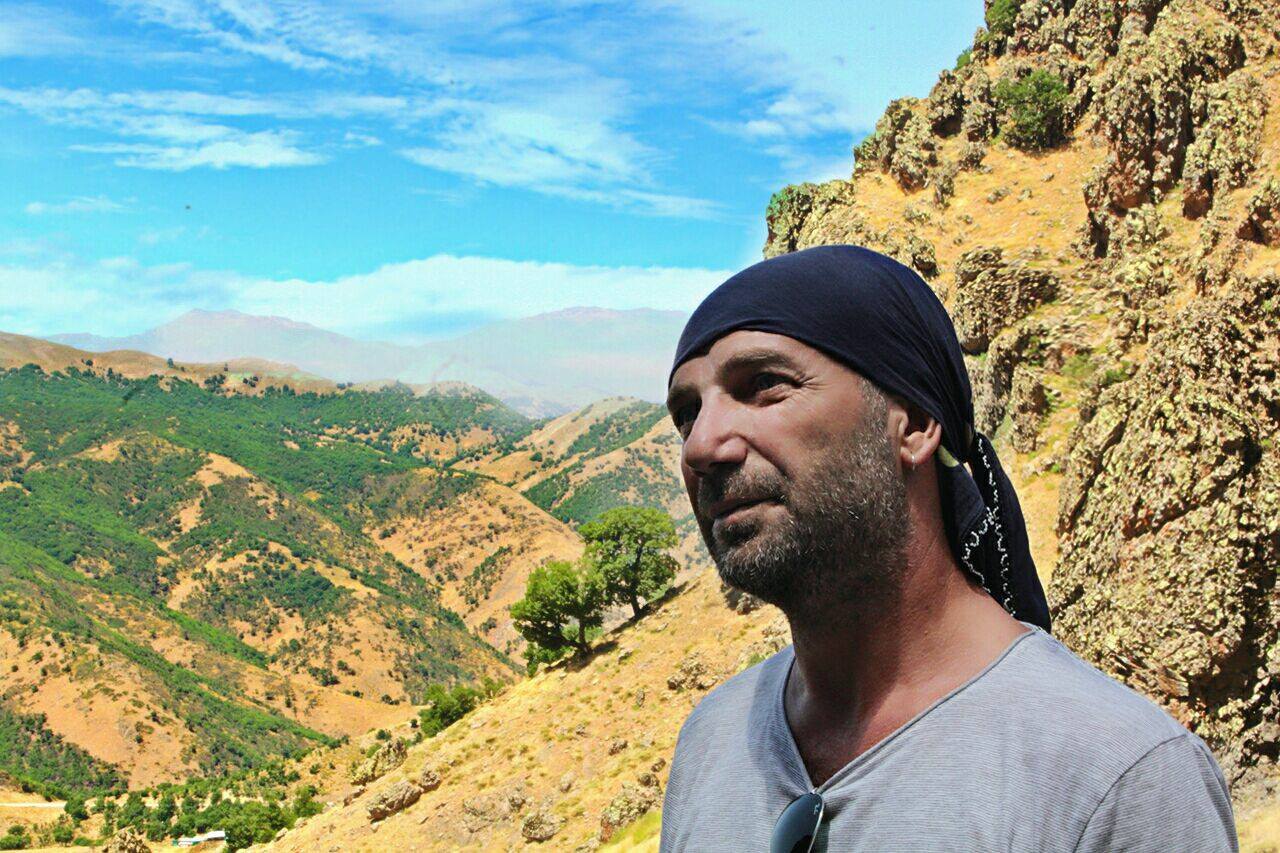Umut Altınçağ, memories of north London, imagined Turkey
Twenty years ago when I first started life in north London, I spent a lot of time in Turkish cafes. Lentil soups, freshly cooked flat breads, acid black olives, baclava and a strong tea in a small glass. The wistful music, the names of the cafes always referring to some part of Turkey, and the scummy London streets in which the cafe owners and clientele made their living, made me wonder about the stories and feelings of the thousands of Turks and Kurds, who were living in the Big Smoke.
Where had they come from and what kind of transformation had their lives undergone?
What kind of culture shock for those whose everyday life was now Tottenham High Roa, whereas before it had been an agricultural backwater in Kurdistan.
I don’t know if I ever actually heard the mournful odes of Umut Altınçağ in a Turkish cafe, but I heard plenty of music like Altınçağ’s.
I was once gifted a tape of Altınçağ’s by a Kurdish woman I knew.
The weekend, visiting a friend in Brighton, walking along the sea front all the way to Hove, I played Umut Altınçağ on my walkman. I can’t therefore help but think of Altınçağ when I think of the sea front in Brighton.
But his music always takes me back to the Turkish cafes, to Tottenham High Street. I’m reminded of the tall young Turkish man who welcomed me into his cafe the first time I dared to step inside one. He worked with his old mother, who was dressed like she was still living in the village I imagined her to have come from.
Both worked tirelessly to serve their multi-cultural clientele (I once saw my Somali Arabic teacher in there, enjoying a soup by herself.)
I remember I once bumped into both of them in a queue for a Ryan Air departure desk at Stansted Airport. It was such a joyous moment, and yet surreal too to see them out of place. I felt like I was bumping into old friends. They both met me with smiles that were, at the same time, full and nervous. We talked, briefly, about our respective reasons for being where we were, and our plans for where we were going. In that moment I was no longer just their customer, but the smallest kind of friend to them. I also felt surprised, perhaps, happy maybe, that they were evidently able to earn enough from their enterprise to afford regular trips back to the mother land.
Altincag’s music takes me back to the wistfulness, that I imagine so many Turkish and Kurdish people have, thinking back to their childhood, and to the places in that vast country that they cam from and reminisce about.
I’m reminded of a Turkish Kurdish festival that takes place in Clissold Park, Stoke Newington, every summer.
They used to put up a big white tent and mount a stage. What I saw there, one year, was almost parody. Under the depressing cloudy humid London summer skies, a couple of Turkish girls were on stage in traditional dress, looking a bit cold and talking in their mother tongue. An interpreter explained in English, in rather monotonous tones, about how the girls felt their hearts were breaking thinking about Turkey, and how they wished they were back there. It was darkly comedic.
I find the wistfulness of Altincag’s music, and of Turkish nostalgia, heartbreaking and seductive.
https://www.youtube.com/watch?v=LhM2bPWBfIk
Umut Altınçağ doesn’t even have a Wikipedia page in English.
